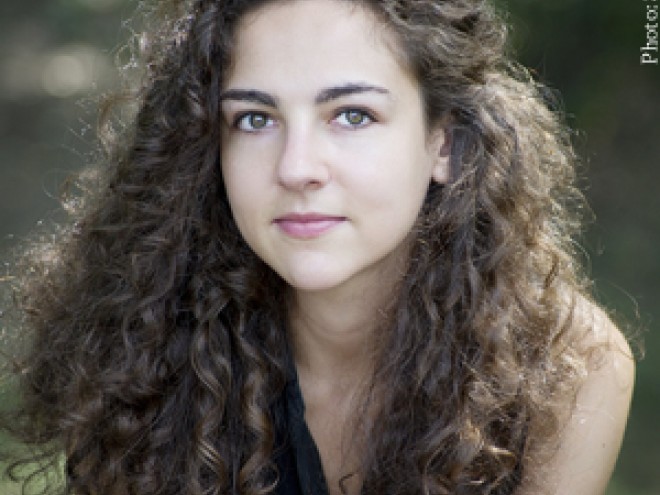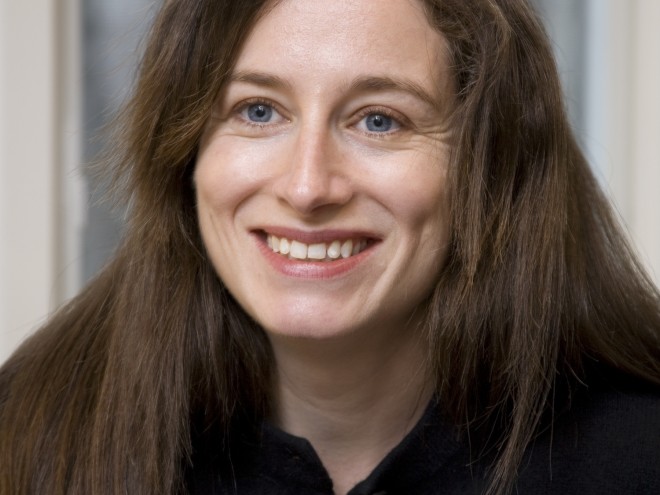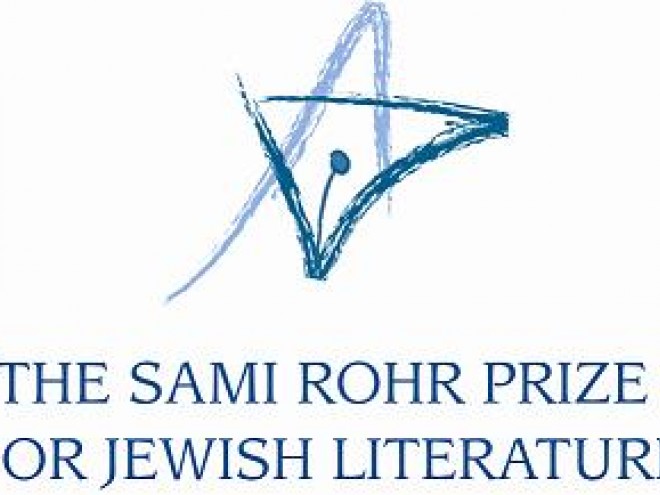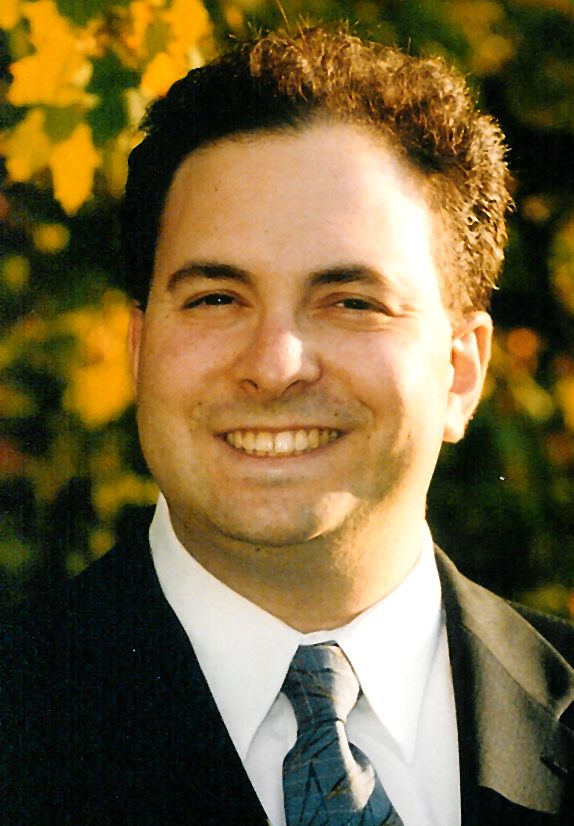 It’s been a good year so far for Jonathan Krasner. First, he won the National Jewish Book Award in American Jewish Studies, and then he was named a finalist for the Sami Rohr Prize for Jewish Literature. His feted title, The Benderly Boys and American Jewish Education, was hailed by the Rohr judges as “[t]he best book on the history of Jewish education in the United States to have appeared in several decades.” Clearly, this is one not to be missed. Like yesterday, we asked Jonathan a few questions about his process, his audience, and the current books on his nightstand. His answers follow below:
It’s been a good year so far for Jonathan Krasner. First, he won the National Jewish Book Award in American Jewish Studies, and then he was named a finalist for the Sami Rohr Prize for Jewish Literature. His feted title, The Benderly Boys and American Jewish Education, was hailed by the Rohr judges as “[t]he best book on the history of Jewish education in the United States to have appeared in several decades.” Clearly, this is one not to be missed. Like yesterday, we asked Jonathan a few questions about his process, his audience, and the current books on his nightstand. His answers follow below:
What are some of the most challenging things about writing non-fiction?
I’m constantly aiming to balance my desire to tell a compelling story with my commitment to scholarship. I reject the notion that serious history writing needs to be “dry as dust.”
What or who has been your inspiration for writing non-fiction?
When I was editor of my high school and college newspapers, I had a bit of the muckraking spirit in me and felt it was important for the fourth estate to keep the “powers that be” honest. I drew early inspiration from long form essay writers in magazines like the New Yorker and the New Republic. In college, Professors Stephen Whitfield, Joyce Antler, and Jacob Cohen introduced me to great political essay writers like H. L. Mencken, Mary McCarthy, and E.B. White as well as practitioners of the “New Journalism,” like Hunter S. Thompson and Tom Wolfe. Although my interests eventually turned from journalism to history, it was the exposure to these journalists and essayists that most influenced my writing.
Who is your intended audience?
In The Benderly Boys my audience is anyone who has ever suffered through Hebrew school, fallen in love with Jewish summer camp, or wonders about the origins of the song I Had a Little Dreydl.
Are you working on anything new right now?
I am currently working on a few projects on topics ranging from black-Jewish relations at Brandeis University in the late-1960s; to the evolution of the term Tikkun Olam since World War II; and to the mainstreaming of gays and lesbians in the Jewish community.
What are you reading now?
Erik Larson’s riveting and disturbing book In the Garden of Beasts.
When did you decide to be a writer? Where were you?
I can’t pinpoint an exact date or place, but whatever inclination I had was definitely reinforced when the high school faculty advisor to the student newspaper started referring to my collaborator friend Jeff and I as “Woodward and Bernstein.”
What is the mountaintop for you — how do you define success?
How about being a Sami Rohr Prize finalist? .… Seriously, I am thrilled when I succeed at making history come alive while answering the question: “Why does this matter?”
How do you write — what is your private modus operandi? What talismans, rituals, props do you use to assist you?
Ideally, I like to lock myself in a room for a couple of weeks at a time, preferably with breaks for long walks around a lake or along a beach.
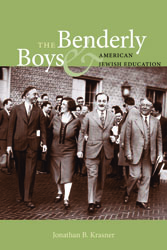 What do you want readers to get out of your book?
What do you want readers to get out of your book?
I hope they gain some appreciation for the almost fanatical dedication of the Jewish educators of the past. Today, the motif of Hebrew school as torture, recently parodied to great effect in the Coen brothers’ film A Serious Man, is almost a cliche. But the pioneers of the modern Jewish supplementary school were actually steeped in progressive educational philosophy and dedicated to the revival of Hebrew and the creation of a vibrant American Jewish culture. Maybe the story just magnifies the dilemma of supplementary Jewish education in America. Or, rather, it underscores how Jewish educators today are struggling with many of the same issues that animated Samson Benderly and his disciples a century ago.
Jonathan B. Krasner is an Associate Professor of the American Jewish Experience at Hebrew Union College — Jewish Institute of Religion in New York. He is nominated for his book The Benderly Boys and American Jewish Education, which just won the 2011 National Jewish Book Award in the category of American Jewish Studies. His work has appeared in many academic journals and anthologies. He lives with his family in Andover, Massachusetts.
Originally from Lancaster, Pennsylvania, Naomi is the CEO of Jewish Book Council. She graduated from Emory University with degrees in English and Art History and, in addition, studied at University College London. Prior to her role as executive director and now CEO, Naomi served as the founding editor of the JBC website and blog and managing editor of Jewish Book World. In addition, she has overseen JBC’s digital initiatives, and also developed the JBC’s Visiting Scribe series and Unpacking the Book: Jewish Writers in Conversation.
